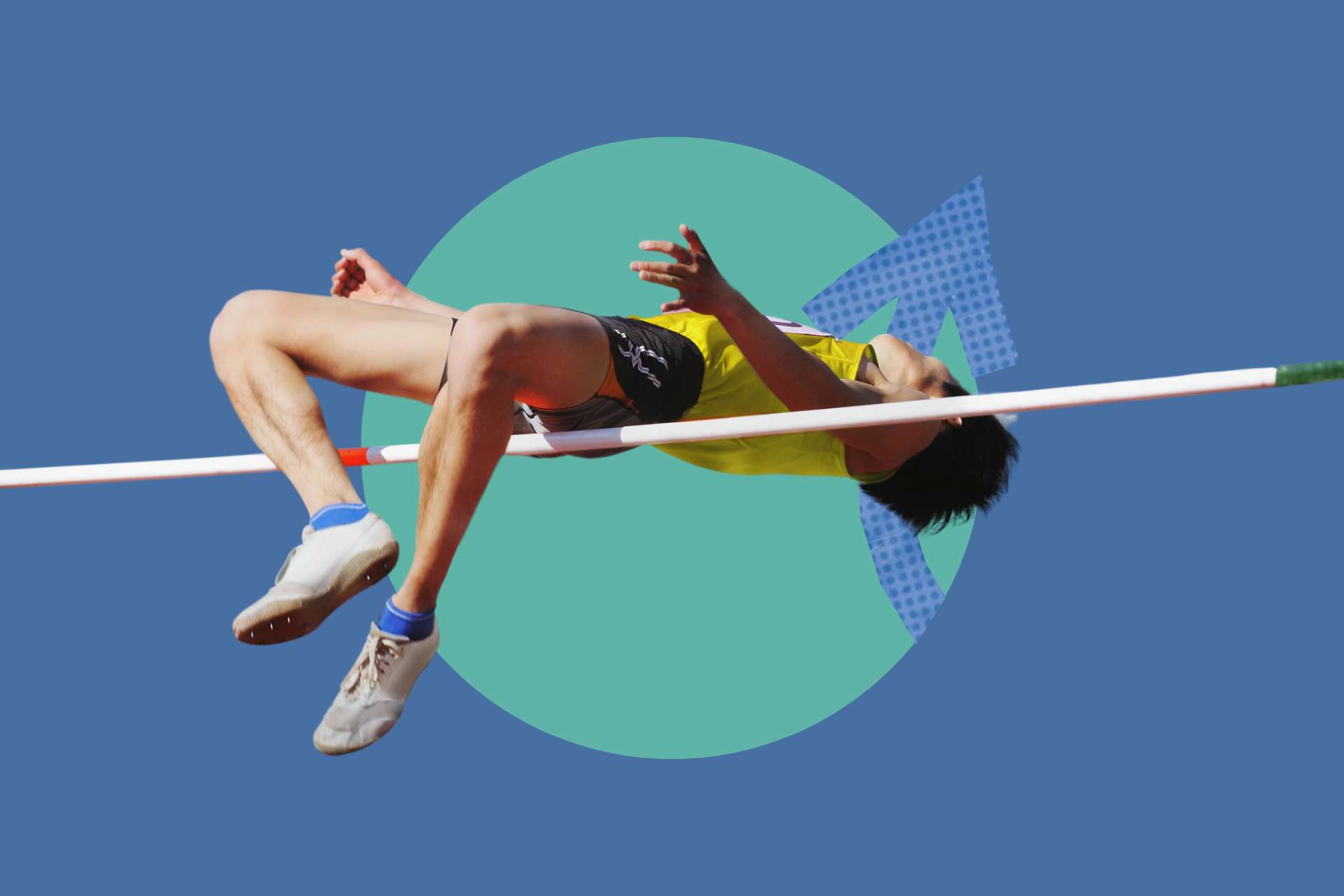As science advances, a new kind of enhancement is emerging: subtle, biological and hiding in plain sight.
In the relentless pursuit of peak performance, athletes are known for chasing every possible edge: physical, psychological and increasingly, nutritional. In recent years, a new player has quietly entered the field: the gut microbiome. This complex ecosystem of bacteria, fungi and other microbes living in our digestive system is now being explored not only for its role in health and immunity, but more and more for how it might improve performance.
So, what happens when the gut becomes a tool to push human limits?
A growing number of athletes, researchers and biohackers are asking exactly that question. And with it comes an uncomfortable possibility. Could tuning the microbiome one day be considered a form of doping?
From food to fecal transplants: performance from the inside
Most people understand that the gut microbiome affects digestion and immunity. But in the last decade, this view has expanded a lot. Research now links the gut to energy metabolism, recovery, inflammation, cognition and even mental resilience. All of these matter in high-level sport.
Some interventions are simple and already well known: high-fibre diets, fermented foods, prebiotics, regular probiotics. But others go further. A well-known study (Scheiman et al., 20191) found that after a marathon, athletes had increased levels of a specific microbe, Veillonella. These bacteria feed on lactate, a byproduct of intense effort and convert it into propionate, a compound that might help with endurance. When scientists gave these microbes to mice, the mice could run noticeably longer.
This kind of result opens the door to more targeted interventions. Imagine a probiotic designed specifically to recycle lactate faster. Or, maybe one day, a fecal transplant from a top endurance athlete to someone looking to boost their own performance. For now, this may sound extreme. But honestly, I wouldn’t be surprised if it has been already considered.
Nutrition, enhancement… or something else?
If you eat more fibre and your performance improves, nobody sees a problem. If you take a probiotic to recover faster, that’s still pretty normal. But what if the supplement is custom-made to improve your VO2 max? Is that still nutrition? Or are we starting to cross into something else?
It’s definitely a grey zone. And in the case of the microbiome, it gets even blurrier. Why? Because your gut is something you can change, but also something that constantly changes itself. It’s part of you, but it’s also shaped by your environment, your diet, your training. So where is the line between boosting health and boosting performance?
Some people argue that if an intervention is healthy, it should be allowed. Others believe that if the goal is strictly performance and the tools are highly engineered, then we are not far from enhancement, even if it appears natural.
The Enhanced Games: A future test case?
This all arrives at a time when the debate around enhancement is heating up. A recent example is the Enhanced Games2, a new project proposing Olympic-style events where athletes can openly use performance-enhancing drugs. No bans, no illusions. Just enhanced competition.
In that context, the microbiome becomes even more fascinating. Changing your gut doesn’t involve illegal substances. There is no injection or gene editing. But the effects, like better energy use, faster recovery and improved focus, could resemble what banned substances do. And because microbes are living, their impact could last longer and be harder to detect.
Would something like this be allowed in a no-limits event like the Enhanced Games? Probably. But in traditional sport? That’s a much harder question.
The paradox of invisible enhancement
If we want to call this “microbe-doping,” it doesn’t follow the usual rules. There is often no trace in the blood, no chemical residue. Just a shift in your internal ecosystem. Yet this shift could influence oxygen use, muscle function, or stress response.
Some interventions might leave small metabolic clues, but most will not. A custom probiotic might look exactly like a regular one. A fecal transplant done in private? Impossible to know.
This raises a new kind of dilemma. Not just what is fair, but what is even testable. If we cannot measure it, do we ignore it? Or are we heading toward a new kind of arms race, this time inside the gut?
What comes next?
The science is still young. The microbiome is complex and no two people have the same microbial profile. Even if certain patterns are linked to performance, turning that into something reliable is difficult.
But commercial interest is growing fast. Some companies already offer gut tests for athletes. Others are developing probiotics designed for sport, energy, or recovery. As the tech improves, we might soon see gut-based training plans, personalised supplements and maybe even microbiome “coaches” for elite teams.
At some point, regulators like the World Anti-Doping Agency will have to weigh in. If the goal is performance and the intervention is precise, does that count as doping? Or is it simply the future of legal enhancement?
Training the body, tuning the gut
This isn’t just about elite athletes. It may be a glimpse of something bigger. A future where performance comes not just from muscle and discipline, but from what is happening inside our bodies.
Tomorrow’s athletes may still train harder. But they will also eat smarter, sleep better and yes, maybe fine-tune their microbes.
And in that world, the key question may no longer be how hard have you trained, but what have you trained within?









